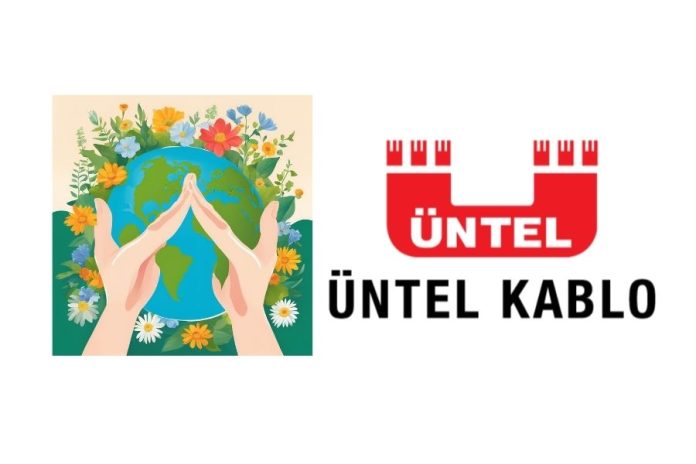Türkiye-based Üntel Kablo has taken another significant step toward reducing greenhouse gas emissions as part of its environmental responsibility for a sustainable future. Through the ISO 14064-1 Corporate Carbon Footprint Training organized for its employees, the company has demonstrated its strong commitment to green transformation and sustainability goals.
The Scope and Benefits of the Training
The training, which brought together employees from various departments, provided vital insights into key topics such as calculating the corporate carbon footprint, creating greenhouse gas inventories, and understanding how these processes affect business operations. These learnings are designed not only to enhance the company’s sustainability goals but also to contribute to the global fight against climate change.
Organized by Gözde Türkkan, Üntel Kablo’s Quality Control and Assurance Manager, the training program spanned three days. Throughout this time, the core principles of the TS EN ISO 14064-1:2019 standard, emission classifications, and greenhouse gas management strategies were explained in meticulous detail.
A Practical Approach to Carbon Management: Led by TSE Expert Dr. Ersin Ercan
The program was facilitated by Dr. Ersin Ercan, a researcher from the Environmental Surveillance and Verification Directorate of the Turkish Standards Institution (TSE). He brought a wealth of knowledge to the training, presenting theoretical explanations, detailed methodologies, and hands-on practices for effective implementation.
Key topics covered during the program included:
- Defining the boundaries of greenhouse gas inventory,
- Reporting methods for emissions,
- Techniques for precise emission calculations.
The hands-on activities conducted during the sessions provided participants with a practical understanding of how to apply these critical techniques in real-world situations.
Why ISO 14064-1 Matters: Sustainable Business Practices
Achieving compliance with the ISO 14064-1:2019 standard is essential for businesses seeking sustainability and operational transparency. This standard provides guidelines to consistently measure and report greenhouse gas (GHG) footprints, enabling organizations to evaluate their environmental performance with greater accuracy. By instilling such practices in its training program, Üntel Kablo is paving the way for a greener future while maintaining its competitive edge in the global market.
Collaboration Empowering Change
Üntel Kablo’s investment in comprehensive training programs like these reflects its long-term vision to support the green economy and sustainable production processes. Empowering employees with knowledge and tools to manage emissions not only aligns with the company’s sustainability goals but also serves as an inspiration for other businesses striving for similar growth.
Contributing to a Greener Future
Overall, as Üntel Kablo embraces cutting-edge sustainability practices, such as understanding and managing carbon footprints, its commitment to mitigating environmental impact becomes evident. The implementation of ISO 14064-1 principles ensures that the company takes measurable actions to reduce greenhouse gas emissions—actions that are critical for a sustainable global future.
With these efforts, the company hopes to set an example within the industry and beyond, inspiring actionable steps toward a collective reduction of carbon emissions worldwide.
By aligning corporate strategies with environmental goals, the initiatives by Üntel Kablo signify not only ethical and environmental responsibility but also financial prudence as global markets increasingly lean towards sustainability. Businesses adopting such practices have the added advantage of reduced operational costs, broader market opportunities, and compliance with international standards.
Üntel Kablo’s pursuit of sustainability is a notable example of how industries can meaningfully contribute to environmental goals. From the perspectives of both sustainability advocates and business leaders, the company’s actions signify a commendable move towards greener industrial practices for a better future.
